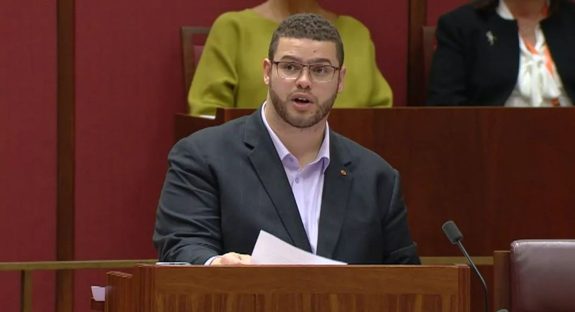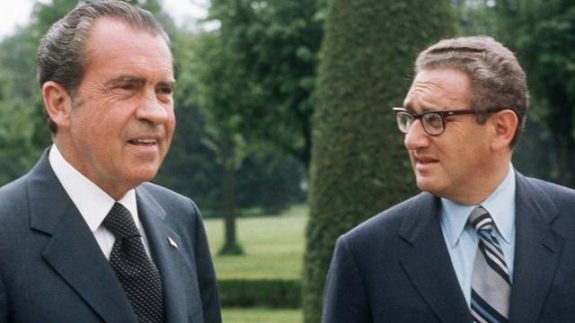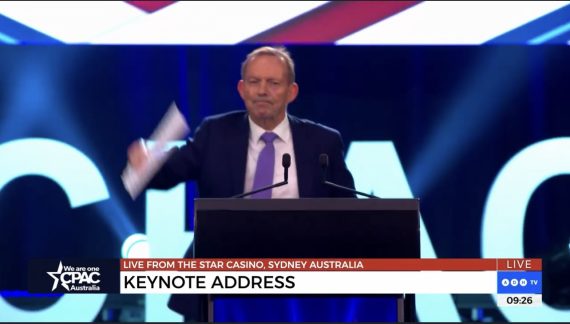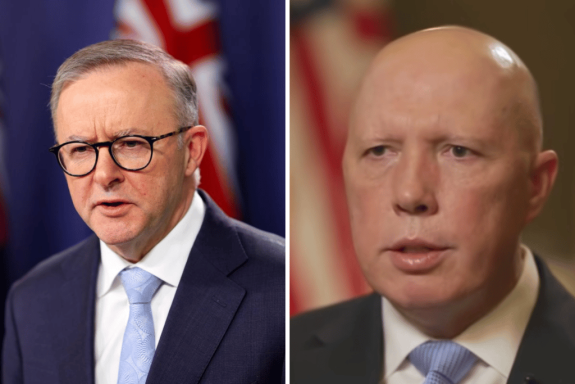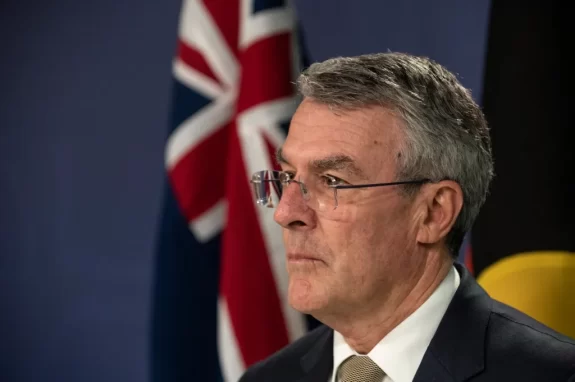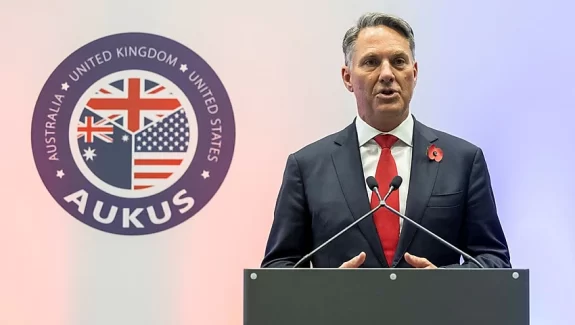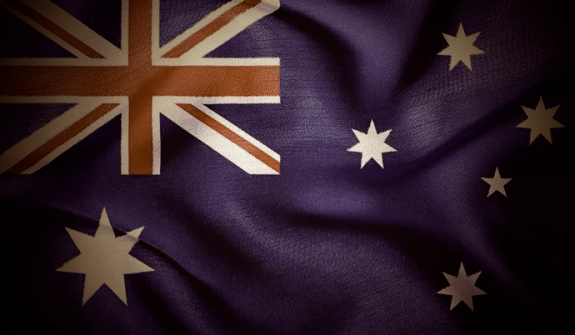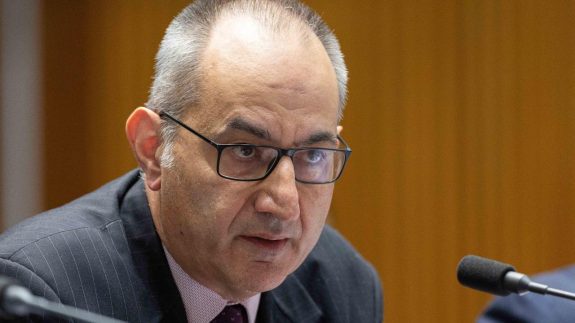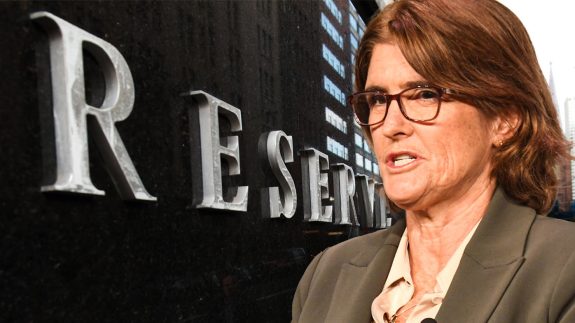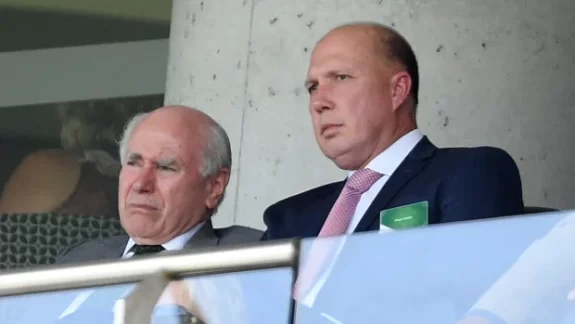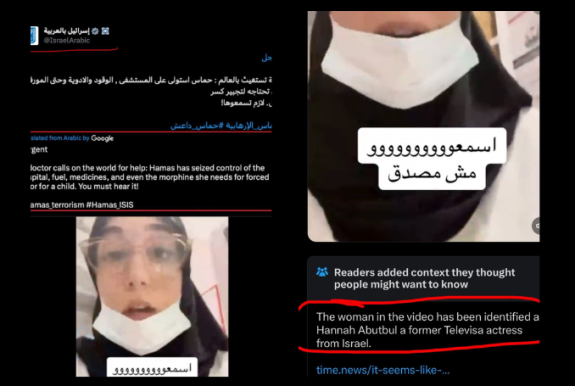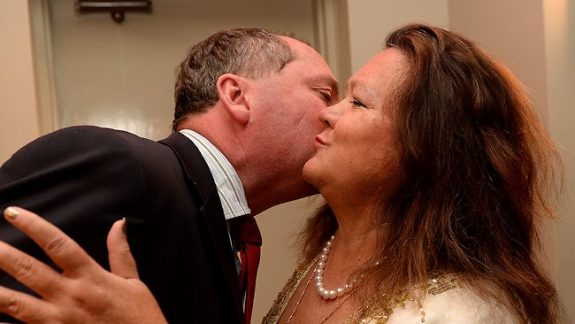Dark Age Within. Dark Age Without.
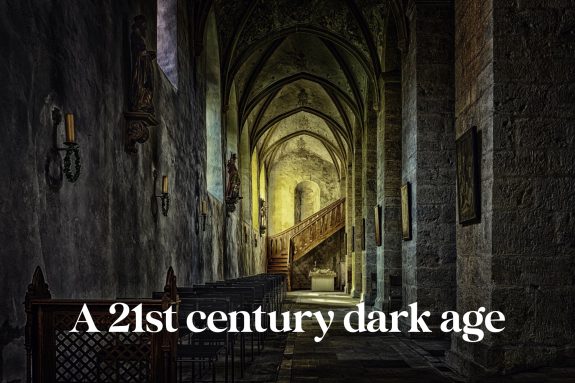
By Steve Davies
The normalisation and globalisation of moral disengagement
Earlier this year I created The Moral Disengagement Handbook. The handbook focusses on the Australian Government and the Australian Public Service.
Why did I focus on them? Because over the past decade Australians have lived through and witnessed an appalling decline in the behaviour and practices of politicians along with that of the government agencies whose decisions and actions effect the lives of every single Australian.
In 2023 people are very attuned to the fact that all is not well with politics and government. The trouble is that the major parties are not really listening to them. Let alone acknowledging that the problem is them – behaviours and practice – and its systemic.
The persistent sentiments that runs through people’s disquiet is that politicians and government will never change, they are out of touch, they don’t care about people, and they don’t listen. Numerous real-life examples have created and reinforced that sentiment.
These sentiments have not changed with the election of the Albanese Government. If anything those sentiments are stronger than ever. Hence, for example, the rise and rise of the Teal independents.
It may be argued that the Albanese Government inherited the situations that have given rise to these sentiments. While there is no doubt that the extremes of the Morrison Government (along with those of previous LNP Governments), plunged the decline in behaviours and practices to new depths that does not absolve the Albanese Government of responsibility.
Why do I say that? Because … As I pointed out in the handbook:
“Tragically, within the Australian Government the moral compasses of public servants and politicians have been switched off and, indeed, are expected to be switched off. As a result, great harm is done to people, society and the land we live on. To all of our institutions and democracy itself.
Here we are in 2023 and, even with the election of the Albanese Government, we see a government that is fearful of dealing with the fact that moral disengagement has been normalised in government and, to varying degrees, all of our institutions.”
Here we are in December 2023 and what are seeing from the Albanese Government just over halfway through its term of office? A continuing failure to directly address the moral disengagement that has been normalised in government and its institutions. The statement I made in the handbook still holds true today. Moreso.
“Despite the fact that Professor Bandura’s work offers practical solutions to deal with the problem the Albanese Government and the Australian Public Service persists with a tried and failed focus – Culture change and leadership. Over decades millions of dollars has been wasted on culture change programmes and leadership development in the Australian Public Service. They have failed dismally. It is the wrong solution for what is the actual problem – the normalisation of moral disengagement.
2023. The Albanese Government and the Australian Public Service continues to waste taxpayers’ money on tried, failed and wrong approaches despite the very real threats moral disengagement poses to the lives and future of the Australian people. To the health of the public service, government, society and democracy.”
The situation is even more urgent due to the dire need to ensure the behaviours, practices, policies and actions of government actually ensure the well-being of people, households and the community in the face of:
- Social inequality
- Climate change and catastrophe
- The continuing destructive impacts of the policies and actions of the Morrison Government
- Homelessness
- The loss of opportunity to younger generations now and into the future
- The severe distortion of our economy courtesy of the military industrial complex
- The continuing demise of democracy
- Especially our participation in the war and genocide being inflicted on the Palestinian people.
What we are seeing within individual Western nations, is a slide into a 21st century dark age driven by the normalisation of moral disengagement.
The war and genocide being sponsored and inflicted on the Palestinian people by those nations is clear indication of the globalisation of moral disengagement in action.
If the governments of Western nations dealt with moral disengagement from within would they be participating in the globalisation of moral disengagement? Would they be sponsoring, directly enabling and sanitising the industrial scale slaughter of the Palestinian people?
Would they be going down the path of a Dark Age Within. A Dark Age Without?
And what can we all do, individually and together, to put a stop to the moral disengagement that is driving this comprehensive descent into darkness?
Restoring Moral Engagement in the Australian Government – Ending the silence that feeds bad government and harms people
We all know it. We all feel its the impact. Government is a big, complicated beast. Politicians seemingly never change. Many have lost sight of their real reason for being there – that is to represent their constituents and govern for all Australians.
The only time, it seems, they are interested in us is when elections come around and then many do whatever it takes to persuade us to vote for them. Increasingly, these persuasive tactics have taken on a dark and sinister form with the Liberal party now deploying Trumpian lies, and propaganda imported from the USA to scare and confuse people halting any progress to better future – think the No campaign.
Then there is the Australian Public Service. From the outside, they seem to blindly follow orders and are more concerned about protecting their own careers and political masters than serving the people. If people dare to complain they get stuck on a bureaucratic treadmill.
It’s always the same. The majority of politicians and bureaucrats at the top are in it for themselves. Despite all the money government has (our money), and all the technology it’s got worse.
The treatment of whistle blowers such as David McBride and Richard Boyle and The Royal Commission into Misconduct in the Banking, Superannuation and Financial Services Industry illustrate how bad things have got.
The Robodebt Royal Commission showed us all just how bad things are inside ‘the system’. People died.
Time after time the media ‘reports’ on the goings on in the Australian Government and the Australian Public Service. However are we really getting the true picture? For several years now the mainstream Australian media have not been pulling their weight when it comes to delivering independent journalism.
The major commercial media outlets and, sadly, the ABC have lost their moral compass resorting to presenting False Balance Reporting often spruiking lies and propaganda in the form of news. And it’s very obvious the Murdoch media is running a protection racket for Liberal Party and their vested interests. When the Fourth Estate has fallen prey to vested interests we know that democracy is in trouble.
The persecution of whistleblowers, the stifling freedom of information, rampant secrecy, the win at all costs misuse of the legal system along with rampant spin and denial. The Australian Government has it all. To this day.
No wonder things are a mess, and no wonder most public servants quickly learn to shut up. The threshold for being seen as a troublemaker is nigh on paranoid.
We could go on and on. Despite the good work of many, many good people an awful lot of ‘bad’ things continue to happen. The real question is what drives all the bad things. The answer is the insidious normalisation of moral disengagement. That’s the conversation The Australian Government is afraid to have.
We can have that conversation and, at the same time, hold politicians to account in a very specific way that cuts through all the clutter and denials.
Let’s gets down to it.
What is the status of the work on moral disengagement? Where did in come from?
Professor Albert Bandura (1925 – 2021). Albert “Al” Bandura, the David Starr Jordan Professor of Social Science in Psychology, Emeritus, in the School of Humanities and Sciences Internationally recognised as the most influential psychologist of the twentieth century.
For his extraordinary contributions Professor Bandura was presented with the National Medal of Science at the White House by President Obama on May 19, 2016.
Without Albert Bandura the understanding of the importance of social learning, social modelling, observational learning and how people come to accept and repeat behaviours would be a shadow of what it is today.
Fast track to 2016. The publication of Albert Bandura’s book “Moral disengagement: How people do harm and live with themselves” is a powerful legacy. A practical tool to empower people in Australia and elsewhere to remove and prevent moral disengagement. To restore the health of government, all our institutions and our democracy.
“… people in all walks of life behave harmfully and still maintain positive self-regard and live in peace with themselves. They do so by disengaging moral self-sanctions from their harmful practices. These psychosocial mechanisms of moral disengagement operate at both the individual and social system levels” (Albert Bandura).
The research that underpins moral disengagement is work renowned and rock solid. The specific mechanisms of moral disengagement identified by Professor Bandura are of immense practical use.
Using the mechanisms of moral disengagement?
As Professor Bandura states the “… mechanisms of moral disengagement operate at both the individual and social system levels”. The Australian Government, the Parliament, political parties and the Australian Public Service are intense social systems.
The mechanisms can be used to judge and provide feedback on the behaviours and practices of politicians and officials within government (individual level).
The mechanisms also provide a reliable means of identifying the behaviours and practices that drive every harmful, corrupt, abusive, inhuman statement, decision, policy, process or action imaginable (social system level).
Consequently, we can all use the mechanisms to judge the moral health of the Australian Government in a precise and cohesive way. This is important as it prevents politicians and official from portraying complaints as isolated instances.
The mechanisms of moral disengagement
Advantageous comparison
Making something appear better or less harmful than it is by pointing to something far worse.
Attribution of blame
Blaming the victims or targets that have been harmed by immoral behaviours and practices for bringing it on themselves.
Dehumanization
Portraying people who will be harmed by behaviours and practices as less than human. As case numbers in a system or process.
Diffusion of responsibility
Minimising personal responsibility for any harm caused to people by claiming they are only responsible for a small part of the process.
Displacement of responsibility
Superficially acknowledging the harm caused to people by behaviours and practices, while claiming it’s the result of decisions made at a higher level.
Disregard, distortion, and denial of consequences
Ignoring, minimising and denying the harm (including evidence of harm), caused to people.
Euphemistic language
Using sanitised language and jargon to mask the hurt and harm caused to people.
Moral justification
Claiming behaviours and practices that cause harm to people serve a higher social and moral purpose.
Tips
Start by briefly describing the issue you are concerned about. Is it an individual or system level issue? Or both.
Is your issue about:
- A particular public service agency
- A number of public service agencies
- The Australian Public Service as a whole
- A government minister
- A particular policy or programme
- A particular administrative process
- The behaviours and practices of public servants
- The behaviours and practices of politicians
- The management of staff within a public service agency
Highlight the mechanisms of moral disengagement you have experienced or observed.
It is likely that you have experienced or observed a large number of or all of the mechanisms/behaviours. Consider the intensity with which you have experienced them.
If you have experienced one or very few of the mechanisms/behaviours also consider the intensity with which you have experienced them.
End by pointing out the harm being done, and deaths being caused.
 Steve Davies is a retired public servant. His expertise is in the areas of organisational research and people development. He’s always been attracted to forward looking work. He’s a vocal critic of destructive, cruel and backwards looking behaviours and practices.
Steve Davies is a retired public servant. His expertise is in the areas of organisational research and people development. He’s always been attracted to forward looking work. He’s a vocal critic of destructive, cruel and backwards looking behaviours and practices.
Over the years he’s spoken in depth with whistleblowers and advocated the use of technology (including social media tech) to empower people to do great things together.
His thinking and work have been heavily influenced by such great thinkers and researchers as Shoshana Zuboff, Albert Bandura and Peter Senge for decades.
Like what we do at The AIMN?
You’ll like it even more knowing that your donation will help us to keep up the good fight.
Chuck in a few bucks and see just how far it goes!
Your contribution to help with the running costs of this site will be gratefully accepted.
You can donate through PayPal or credit card via the button below, or donate via bank transfer: BSB: 062500; A/c no: 10495969










